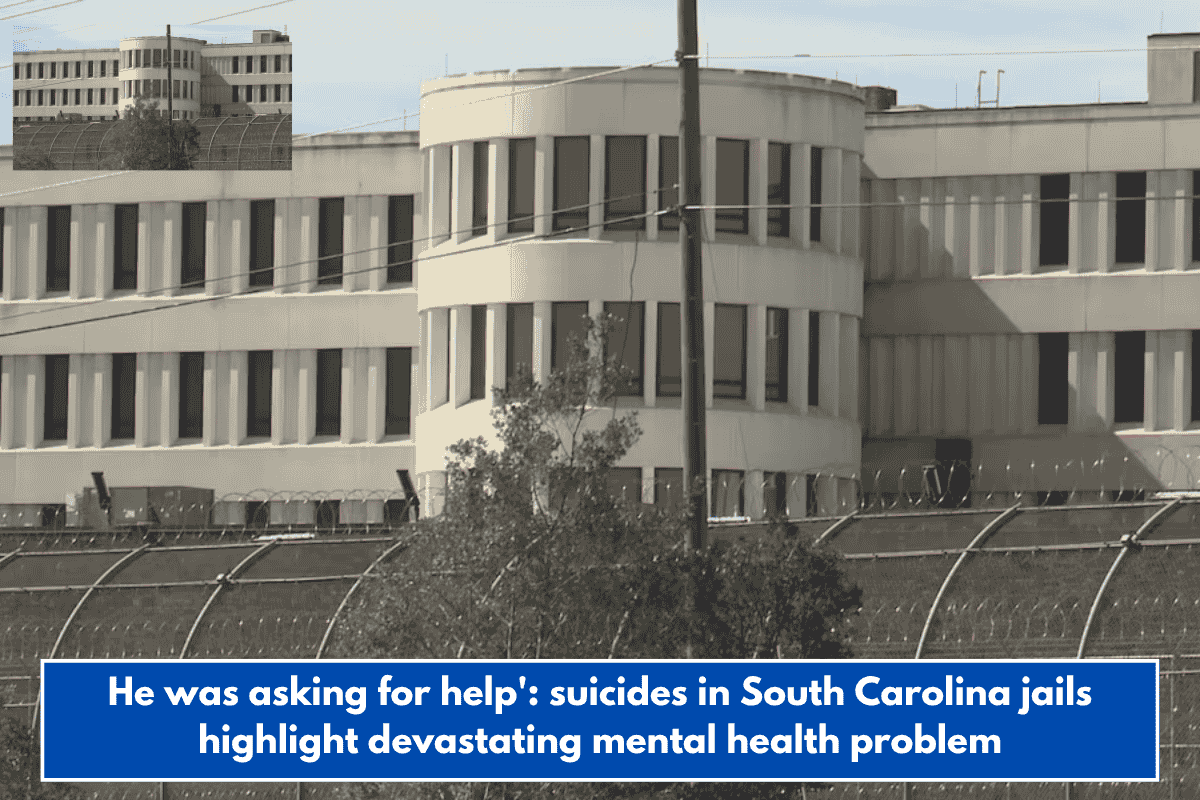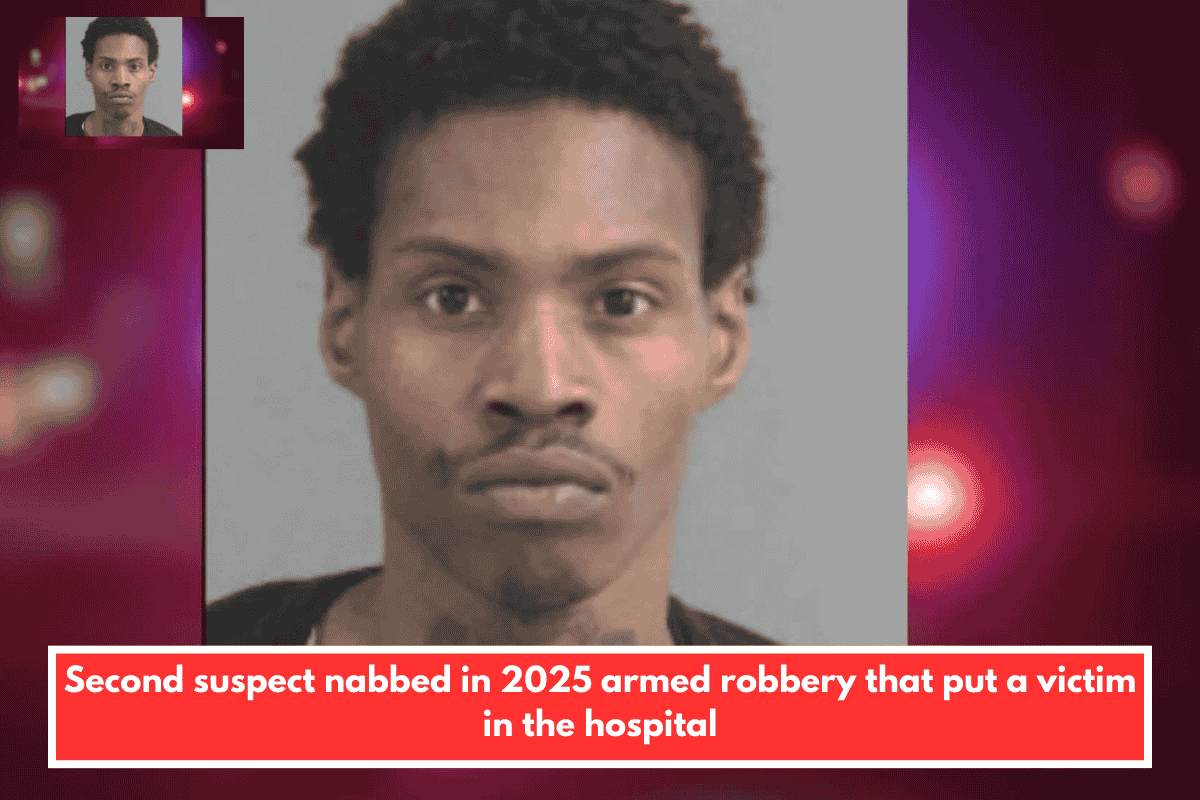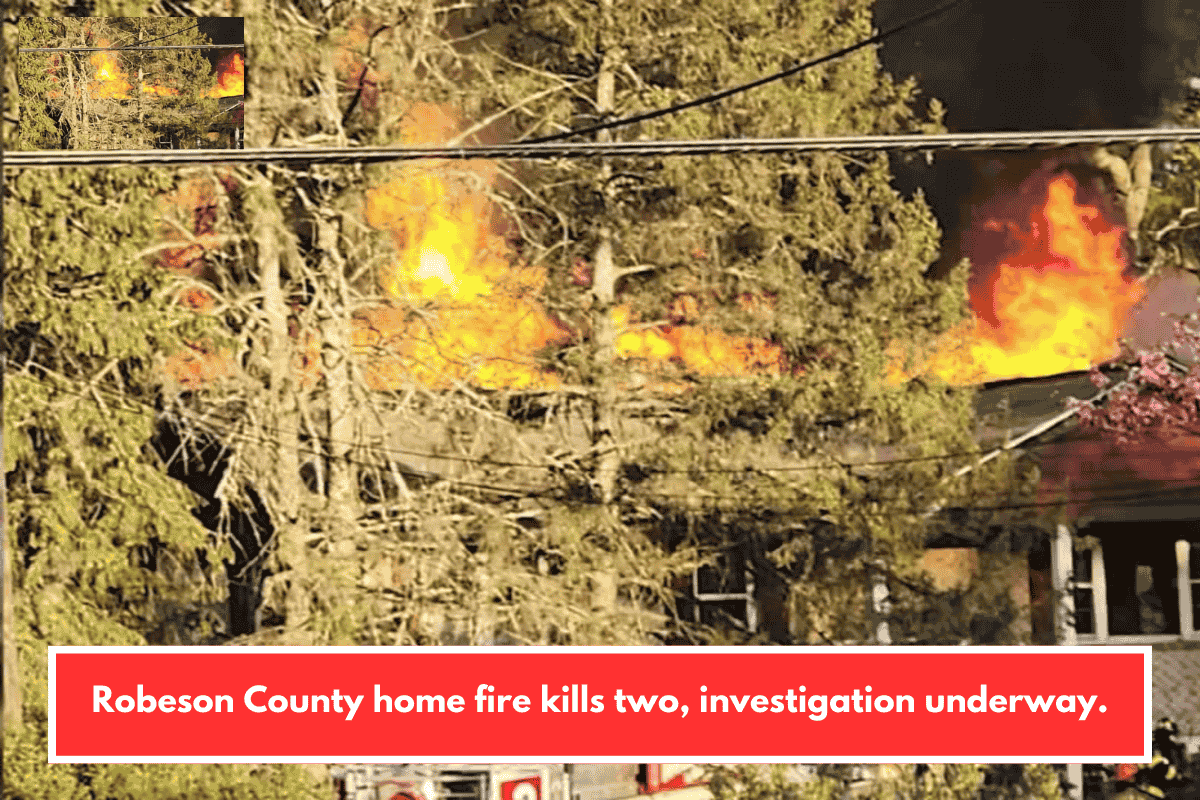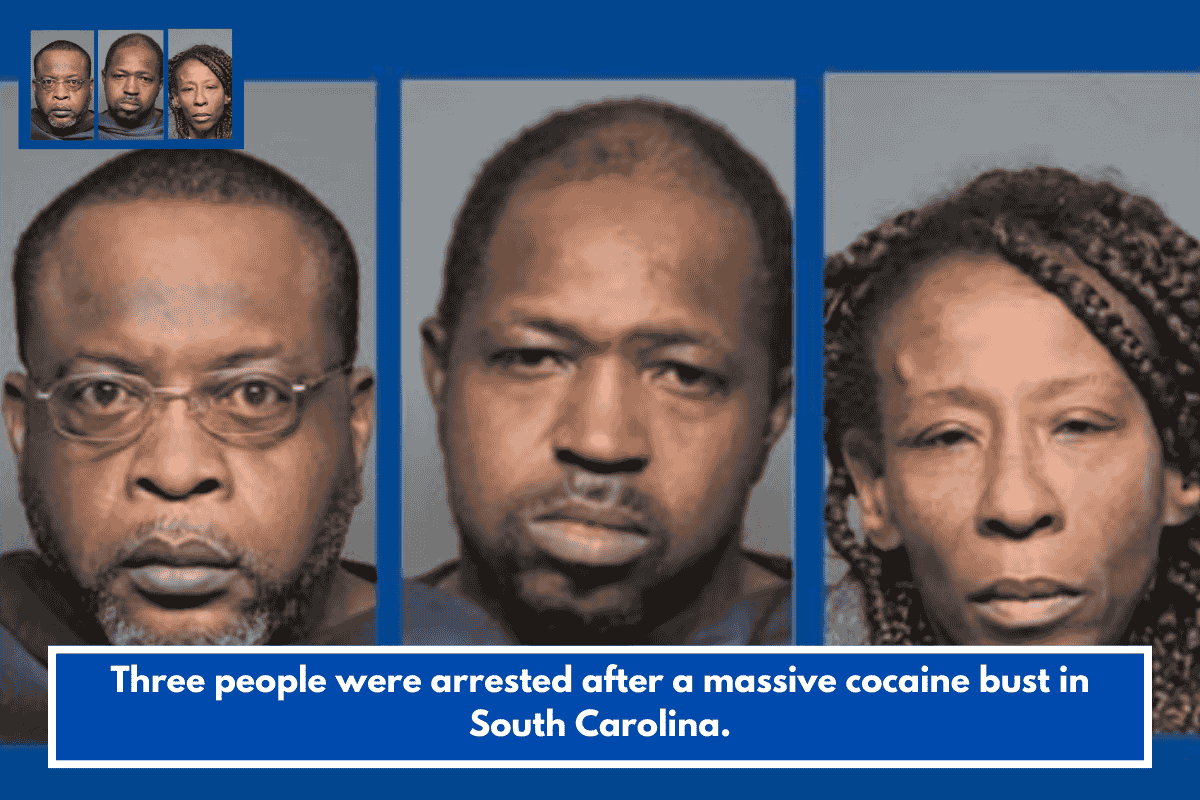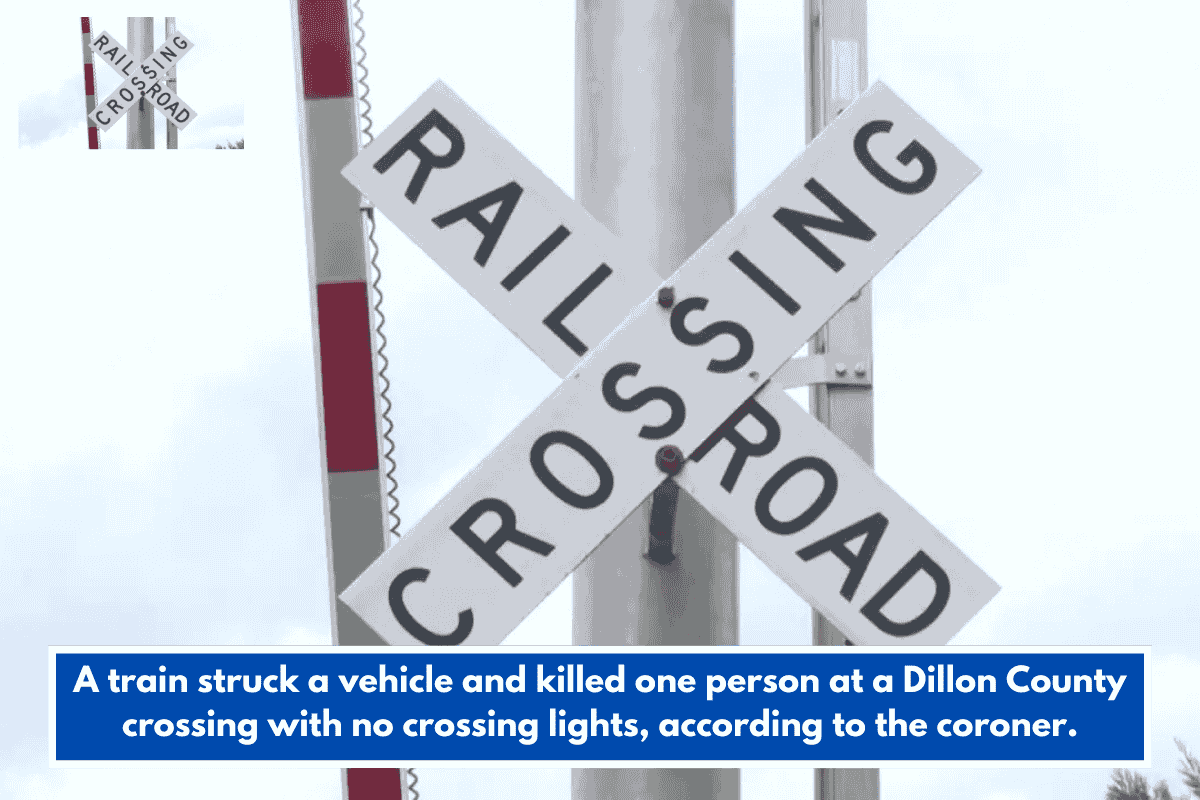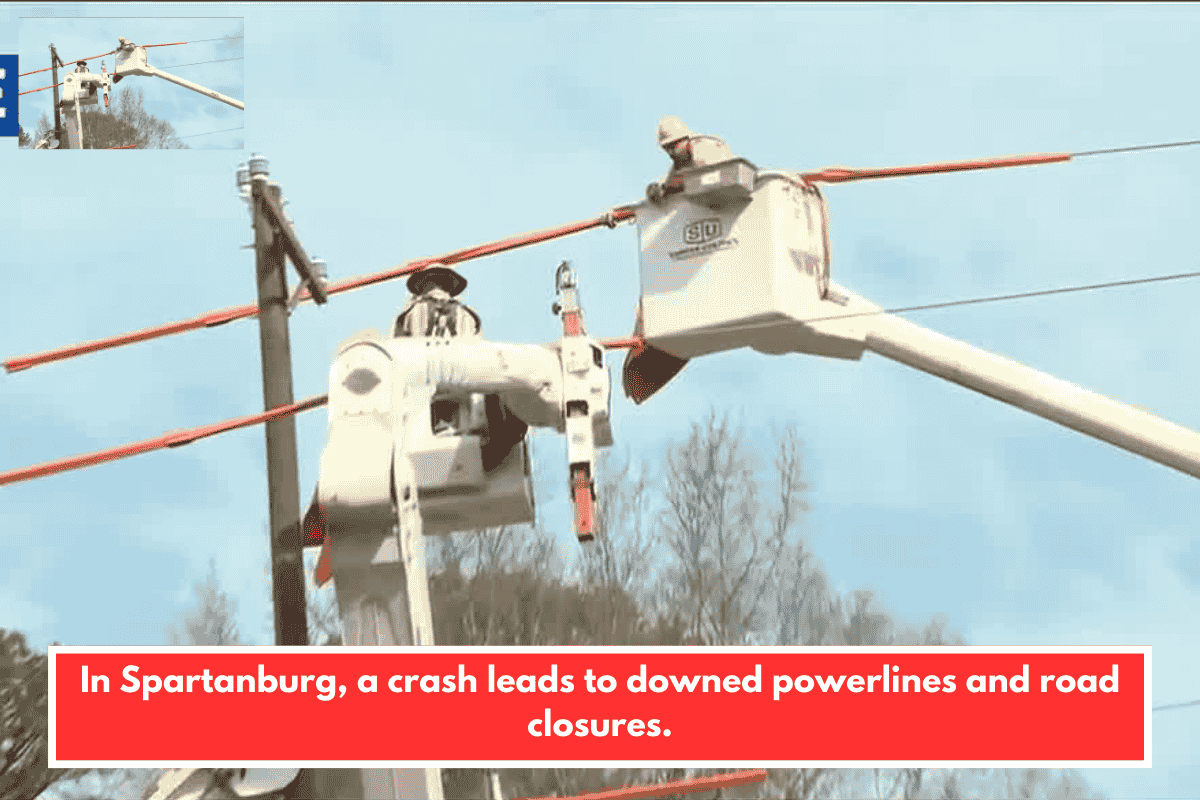Charleston, South Carolina – According to Lowcountry jail managers, more than half of individuals now incarcerated in South Carolina jails have mental illnesses, yet most institutions lack the tools to help them.
Inmates in South Carolina jails are waiting months, perhaps years, for court-ordered mental health care. While waiting for aid, convicts commit suicide.
‘He asked for help.’
Forrest Kreider was an inmate at the Charleston County Jail who expressed melancholy to officials and cellmates for months. In April 2024, Shawn Kreider discovered that his son had committed suicide.
“I was angry,” Kreider admitted. “I was really angry and upset that he’d be unsupervised, knowing he’d come out and said he was depressed.”
Kreider told the behavioral health staff in February that he felt depressed, useless, and like a burden to his family because he didn’t know what he was going to do after he was released. According to the investigative report, staff advised Kreider to focus on the present rather than the future, and prescribed yoga to help him avoid despair.
Even the day before Kreider was discovered hanging in his cell, he had completed a Psychiatric Provider Initial Evaluation and said that he was depressed about being homeless, lacked energy during depression periods, and slept a lot.
Kreider was taken an unknown prescription and committed suicide one day later.
“Psychological support is required. “There should be more support systems in place for those people, as well as Forrest and others,” Kreider added.
Jordan Bell, a Charleston County convict, committed suicide in 2024. Bell tried suicide and made suicidal statements a few days before his death. Nevertheless, he was removed off suicide watch.
Four days before his death, Bell showed a deputy a lengthy piece of mattress cover fashioned into a rope. Bell told the deputy that he attempted to commit suicide with it, but it did not work.
Following Bell’s disclosure, a deputy did not complete an observation form to detail the interaction. According to the documents, the deputy usually fills out the form, but in this case, “she did not and does not know why she did not.”
“If somebody’s going to reach out and say, ‘I’m depressed,’ then there needs to be a little bit more supervision, even if it’s a 15-minute checklist of, ‘Oh, I got a check on this inmate,'” Kreider told the audience.
The killings of Kreider and Bell underscore a statewide epidemic in South Carolina jails.
Between 2015 and 2021, over 80 inmates in South Carolina jails and prisons committed suicide, according to data from IncacerationTransparancy.Org.
While some jails, such as Charleston County Jail, have in-house behavioral health units to handle inmates’ immediate mental health needs, others in South Carolina and around the country lack a specialized treatment team or unit.
“They’re feeling ashamed or they’re not wanting to share those pieces because they’re feeling ashamed of being in jail to begin with,” Shawn Kreider, an attorney, said. “I know that’s how he (Forrest) felt; he felt really bad about that situation.”
Competency Treatment Orders
Aside from limited mental health options within jails, the only outside option for inmate assistance is a facility run by the Department of Mental Health in Columbia.
The institution barely has 200 beds available, but physical space isn’t the only issue.
Kelly Gothard, Director of Forensic Services at the Department of Mental Health, emphasizes the importance of properly staffing beds, even if there is ample physical space available.
According to the Department of Mental Health, as of September 26, 129 persons remained on the queue for a room in Columbia after a judge ordered a 180-day rehabilitation. Twenty-two of those convicts have waited more than 200 days.
A competency restoration treatment order is intended to assist someone become mentally robust and ready to proceed with prosecution and their court case. In other words, making an inmate competent enough to stand trial.
“Particularly for competency restoration treatment, that is a bandaid to get you through the court process,” Gothard told me.
“We have judges ordering people for restoration and there is nowhere for them to go,” said Mike Stanley, Tactical Operations Department Manager at Charleston County Jail. “Right now, we’re having these conversations because folks have been waiting a year for mental health restoration, and nothing has changed. Their argument is not going anywhere.”
Since the pandemic, Gothard reports that DMH has witnessed a 67% rise in competency restoration treatment orders.
“It has been this really massive increase, and despite a lot of efforts and trying to keep up, we’ve been spread very thin and have not been keeping up in the way that I hoped that we could,” Gothard told reporters. “The resources are just not sufficient at this point in time.”
Insufficient resources include not only the number of beds, but also the length of time offenders must wait for a desired seat within the facility.
“Ideally, the Office of Mental Health would have enough beds for everyone and enough staff to treat everybody, but that’s not the reality we’re living in,” Charleston County Jail Administrator Stan Davis said.
As of August 14, the Charleston County Sheriff’s Office reported that 20 detainees were waiting for bed space in Columbia. The wait might occasionally last up to a year. Five detainees received emergency court orders and were awaiting transport to Columbia.
“It’s frustrating; it’s a vicious cycle and it is for them (inmates) too because some of them are not cognitive of what’s actually occurring with them,” Stanley told me.
Even if an offender is finally able to get a bed and receive the necessary therapy in Columbia, the court backlog may compel them to wait months, if not years, before their criminal case is heard by the judge.
“It’s not unusual for these people to decompensate because they’ve come back from restoration,” Stanley told me. “They go up there, get treatment, get back on track, get well, and get the competence to participate in their trial. They feel OK, don’t want the prescription, and decompensate. Then it begins all over again.”
Solutions and Hope for Change
A 2022 state legislation allows jails to conduct treatment on-site, perhaps reducing the Columbia backlog. Prior to the legislative change, treatment was only permitted in hospitals, not correctional facilities.
The Aiken County Jail is now the only one in the state that can conduct both competency evaluations and restoration inside its facility.
“My staff has been working very closely with the jail on that,” Gothard disclosed. “It’s been really successful, and it’s really reduced the wait times for Aiken.”
The next phase is to be able to fulfill competency restoration orders inside Charleston County. It is currently being worked on but has been put on hold due to a lack of staff.
“If we can do the medication, the individual therapy and the group therapy here to get them mentally stable while the Office of Mental Health can come in and do the education component, then we may be ready to go,” according to Davis.
Every week, more than 17,000 drugs are administered within the Charleston County Jail.
Medication is critical in treating mental illness, which is why Gothard believes medication over objection is essential in a correctional context. Under South Carolina law, medication over objection authorizes mental health facilities and correctional institutions to medicate people against their will under certain scenarios.
“We don’t currently do that here, and it’s one of the major challenges that the legal and medical teams are addressing. “How can we make that happen?” Davis stated.
“Medication over objection has greatly reduced the amount of time that they needed to be under treatment,” Gothard pointed out. “Having that ability also allows people to be treated more quickly within a jail setting and it’s really no different than another medical setting.”
And for detained people like Kreider, who are directly suffering, his father is requesting additional mental health screening and services to help.
“I guess to me, that’s the only thing I have right now is speaking out, talking about mental health and talking about suicide,” Kreider stated in response. “There needs to be more of a helping and supportive environment around mental health and helping people who might have those struggles.”
If you or someone you know is having suicide thoughts, contact 988.

